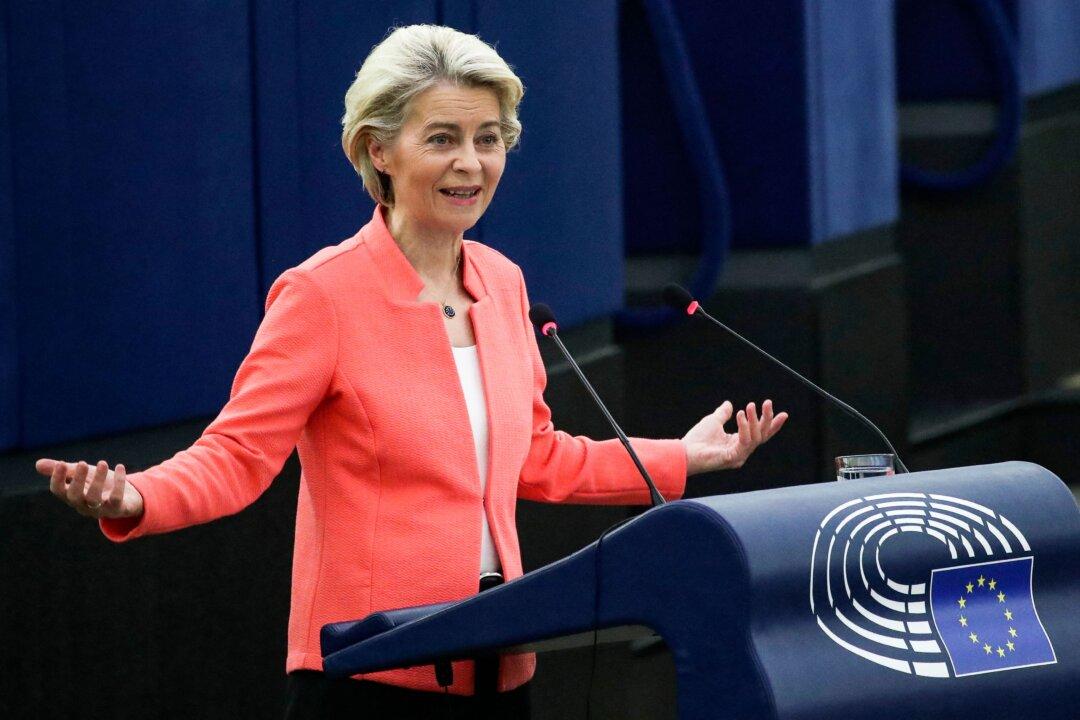The European Union announced on Sept. 15 that it’s introducing a new investment program called “Global Gateway” to rival China’s controversial development program, the Belt and Road Initiative (BRI), which has saddled many poor nations with heavy debt loads.
In her State of the Union speech, European Commission President Ursula von der Leyen said the new program would be “a template” for Europe’s future investments and projects around the world.





